Premium Only Content
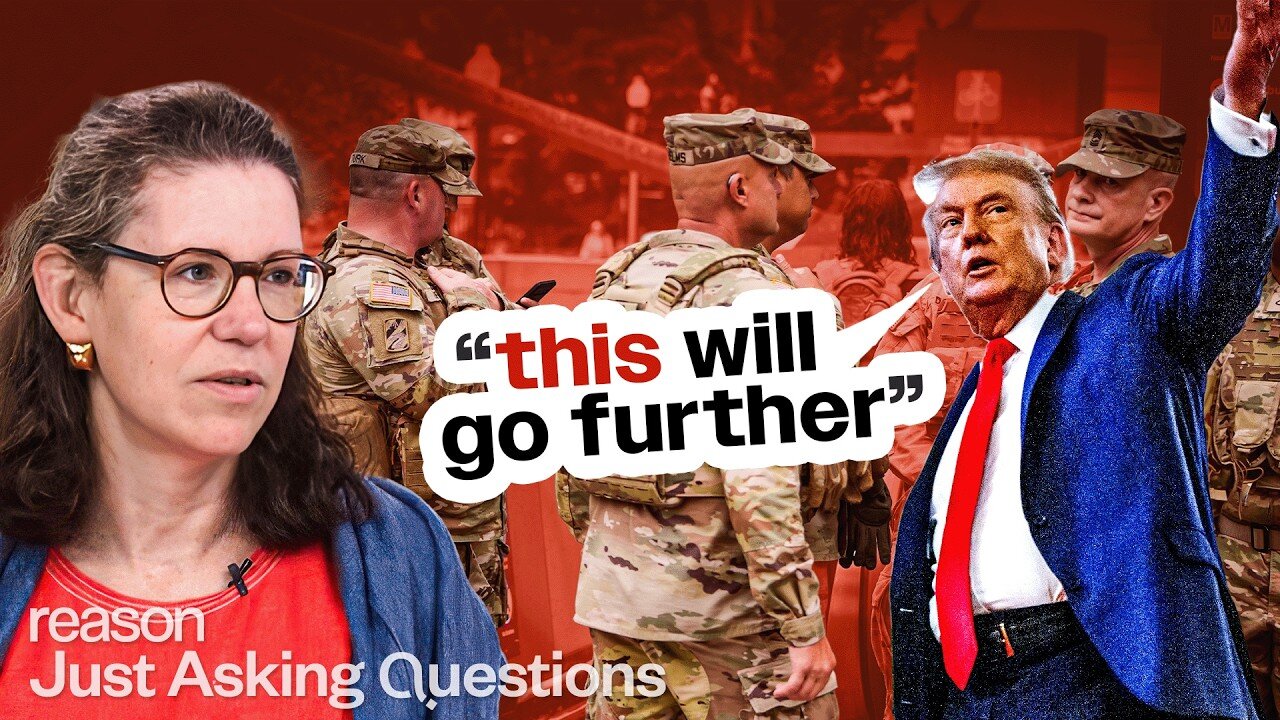
Democrats Fall Into Trump's DC Crime Trap | Megan McArdle
The Washington Post columnist joins the show to discuss crime in D.C. and Trump's deployment of federal troops.
Subscribe
YouTube: https://www.youtube.com/@reasonJustAskingQuestions/featured
Apple: https://podcasts.apple.com/us/podcast/just-asking-questions/id1719355507
Spotify: https://open.spotify.com/show/5SpySKAH3LuVyxXk0MF7tl
Text and links to sources available here: https://reason.com/podcasts/just-asking-questions/
How bad is crime and disorder in Washington, D.C.? Just asking questions.
Local crime became a national issue following the assault of DOGE staffer Edward Coristine–also known as "Big Balls"--during an alleged carjacking. Trump reacted on Truth Social, saying "crime in Washington D.C. is totally out of control" and promised to "exert my powers, and FEDERALIZE this City" following the assault. The capital is now occupied by National Guardsmen, and Trump has said that although they are starting with D.C., "this will go further" and named other cities like Chicago, Los Angeles, and Baltimore.
Some Democrats, like Sen. Chris Van Hollen of Maryland, have said Trump is exaggerating.
Megan McArdle, a D.C. resident and Washington Post columnist, says Democrats are wrong to downplay the city's crime problem and general public disorder. She thinks the failures of Democratic governance and the police pullback following the 2020 George Floyd protests have created an atmosphere of public support for Trump's actions, and she fears that the appetite for more federal intervention that pushes the limits of the Constitution will only grow stronger if politicians fail to confront these problems in their cities.
It's a challenging conversation between three people who care about civil liberties, rule of law, as well as safety and protection of property. We don't want to demonize police, nor do we want to let them abuse their power. We don't want criminals to wreck our cities, nor do we want to lock up delinquent teens–like the ones who allegedly assaulted Big Balls–and throw away the key. We don't want lawlessness, nor militarized police operating under permanent emergency powers.
How to properly balance all of these concerns is, perhaps, the political question of our time. And we hope this discussion is a step towards providing some answers to it.
0:00—Opening monologue
1:31—Introducing the context of martial law in D.C.
01:52—The assault that sparked a national conversation
02:33—Crime trends in Washington, D.C.
06:50—The impact of crime on quality of life
10:04—Comparative crime rates: D.C. vs. other cities
13:56—The role of disorder in urban crime
17:41—The complexities of policing and community trust
22:00—Federal intervention in local policing
27:59—The challenges of D.C.'s criminal justice system
36:17—Gun ownership and legal barriers
40:10—The disconnect in gun legislation and crime rates
43:18—Federal law enforcement and military policing
47:05—The governance structure of D.C. and its implications
51:07—Public perception of crime and political responses
56:59—The need for a balanced approach to crime
01:11:18—Cognitive biases and self-reflection
-
 49:05
49:05
ReasonTV
6 days agoWhy Science Lost Its Way
563 -
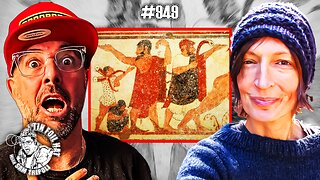 2:04:53
2:04:53
Sam Tripoli
9 hours ago $1.69 earned#949: Beware Of The Red Shoes With Shannon Rowan
2.3K1 -
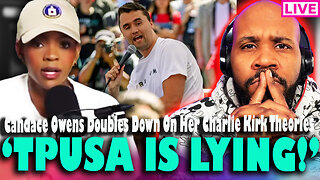 22:11
22:11
The Pascal Show
17 hours ago $0.35 earned'TPUSA IS LYING!' Candace Owens DOUBLES DOWN On Charlie Kirk Theories! Is Erika Kirk Lying?!
1.64K -
 1:53:05
1:53:05
TruthStream with Joe and Scott
1 day agoNick Alvear: The positive and negative of AI, it's use in film and his new animated series Lucky Larry on GoodLion.TV other topics, Roxiva Light Therapy, Yoga Nidra: Live 12/14/25 #527
5.18K4 -
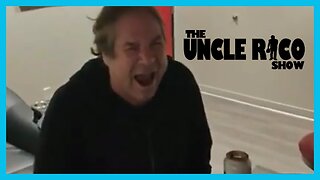 3:11:53
3:11:53
The Shuli Network
12 hours agoEXCLUSIVE Hidden Camera Footage Of Stuttering John | The Uncle Rico Show
14.5K8 -
 LIVE
LIVE
Lofi Girl
2 years agoSynthwave Radio 🌌 - beats to chill/game to
779 watching -
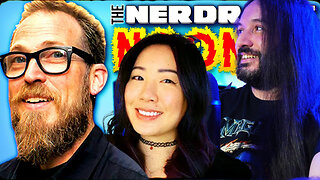 24:10
24:10
MetatronCore
3 days agoNerdrotic is AWESOME
3.13K2 -
 3:38
3:38
Blabbering Collector
2 days agoUnboxing Noble Collection: Hogwarts House Crest Tree Ornaments!
4.32K -
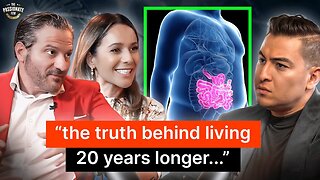 1:08:29
1:08:29
omarelattar
1 day agoThe BioHacking Experts: “How We Lost 150lbs, Healed Naturally & Reversed Aging in 9 Months!”
26.1K4 -
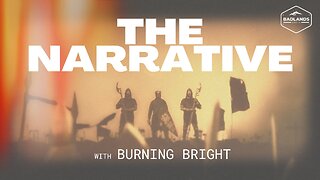 2:48:33
2:48:33
Badlands Media
6 hours agoThe Narrative Ep. 50: The MAGA Paradox
231K16